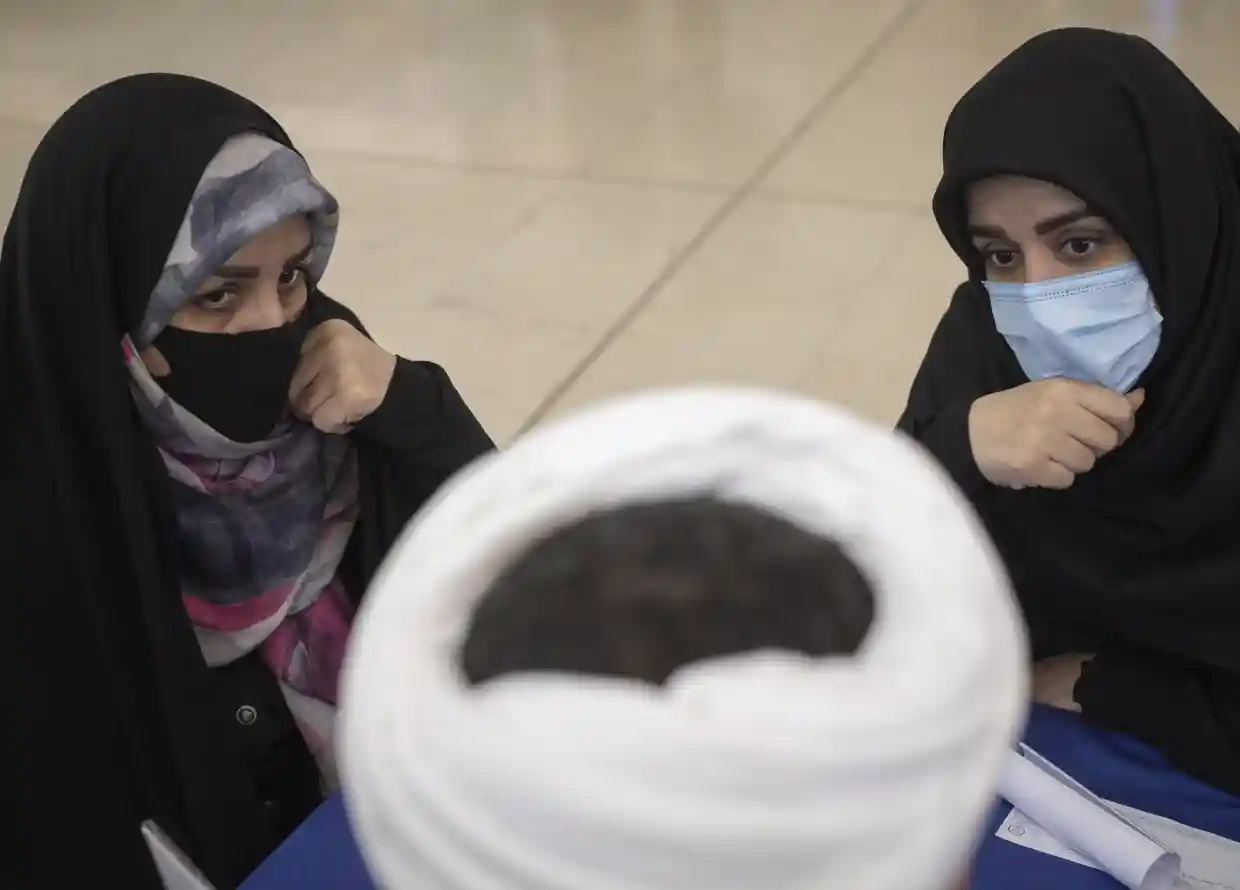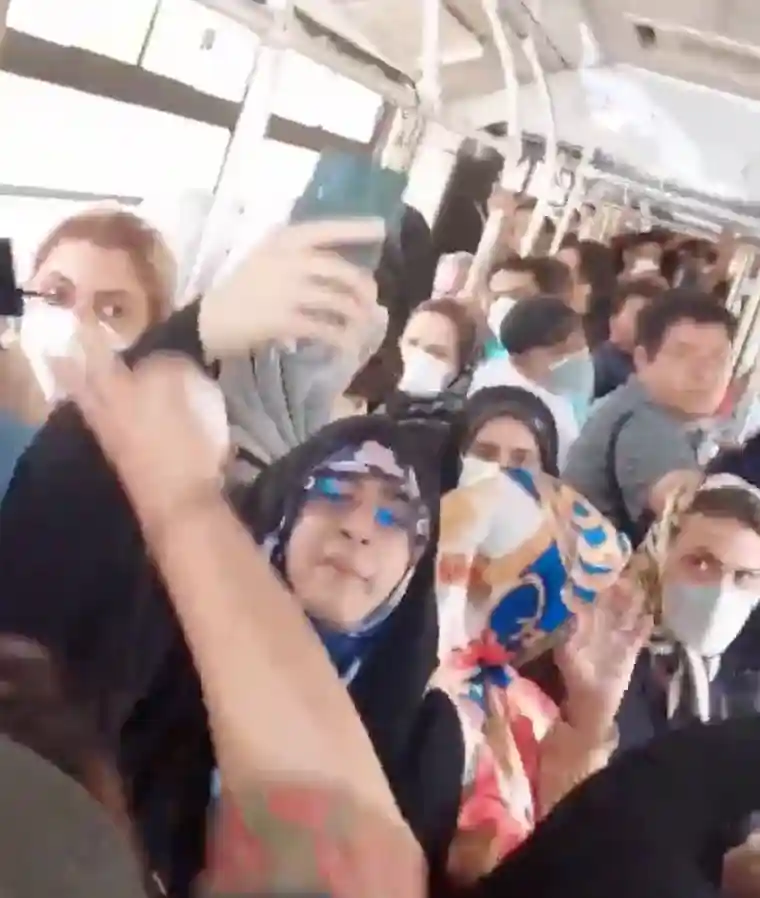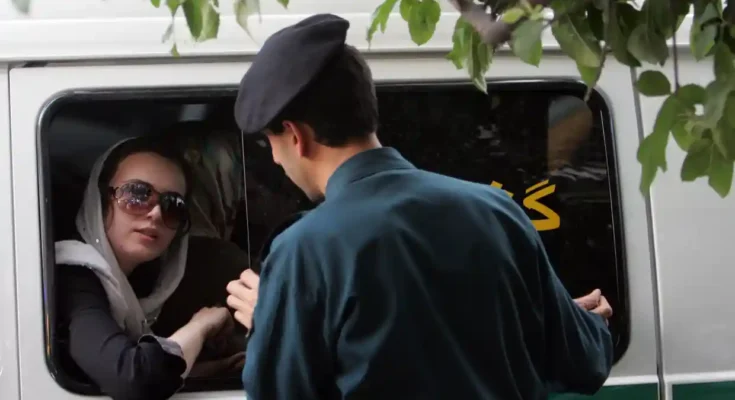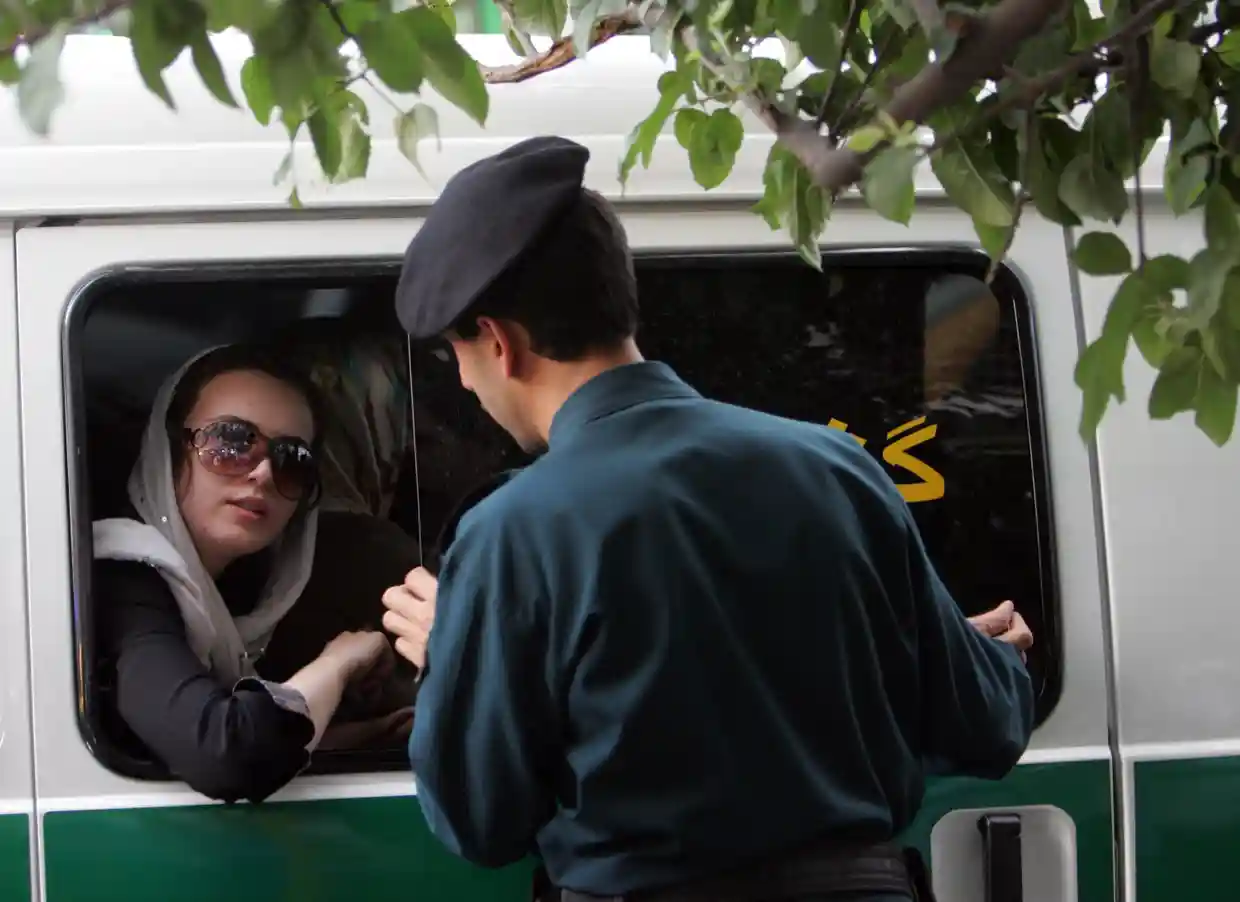Government says it will use technology on public transport in crackdown on women’s dress
Source: The Guardian

The Iranian government is planning to use facial recognition technology on public transport to identify women who are not complying with a strict new law on wearing the hijab, as the regime continues its increasingly punitive crackdown on women’s dress.
The secretary of Iran’s Headquarters for Promoting Virtue and Preventing Vice, Mohammad Saleh Hashemi Golpayegani, announced in a recent interview that the government was planning to use surveillance technology against women in public places following a new decree signed by the country’s hardline president, Ebrahim Raisi, on restricting women’s clothing.
The decree was signed on 15 August, a month after the 12 July national “Hijab and Chastity Day”, which sparked countrywide protests by women who posted videos of themselves on social media with their heads uncovered on streets and on buses and trains. In recent weeks, the Iranian authorities have responded with a spate of arrests, detentions and forced confessions on television.
“The Iranian government has long played with the idea of using facial recognition to identify people who violate the law,” said Azadeh Akbari, a researcher at the University of Twente, in the Netherlands. “The regime combines violent ‘old-fashioned’ forms of totalitarian control dressed up in new technologies.”

The hijab, a head-covering worn by Muslim women, became mandatory after Iran’s revolution in 1979. Yet, over the decades since, women have pushed the limits of the stipulated dress code.
Some of the women arrested for defying the new decree were identified after videos were posted online of them being harassed on public transport for not wearing the hijab properly. One, 28-year-old Sepideh Rashno, was arrested after a video circulated on social media of her being berated for “improper dress” by a fellow passenger, who was then forced off the vehicle by bystanders intervening on Rashno’s behalf. According to the human rights group Hrana, Rashno was beaten after her arrest and subsequently forced to apologise on television to the passenger who harassed her.
Rashno is not the first person to suffer violent repression as a result of going viral on the internet. In 2014, six Iranians – three men and three women – were sentenced to one year in prison and 91 lashes after a video of them dancing in Tehran to Pharrell Williams’s song Happy had more than 150,000 views.
“Ebrahim Raisi is a real ideologue,” said Annabelle Sreberny, professor emeritus at the Centre for Iranian Studies at Soas University of London. “There are terrible economic and environmental problems facing Iran. The inflation rate may now be reaching 50%, but the government is choosing to focus on women’s rights.”
Sreberny added: “I think it is part and parcel of a failing government that is simply not dealing with these massive infrastructural, economic and environmental issues. And women are seen to be a soft target.”





